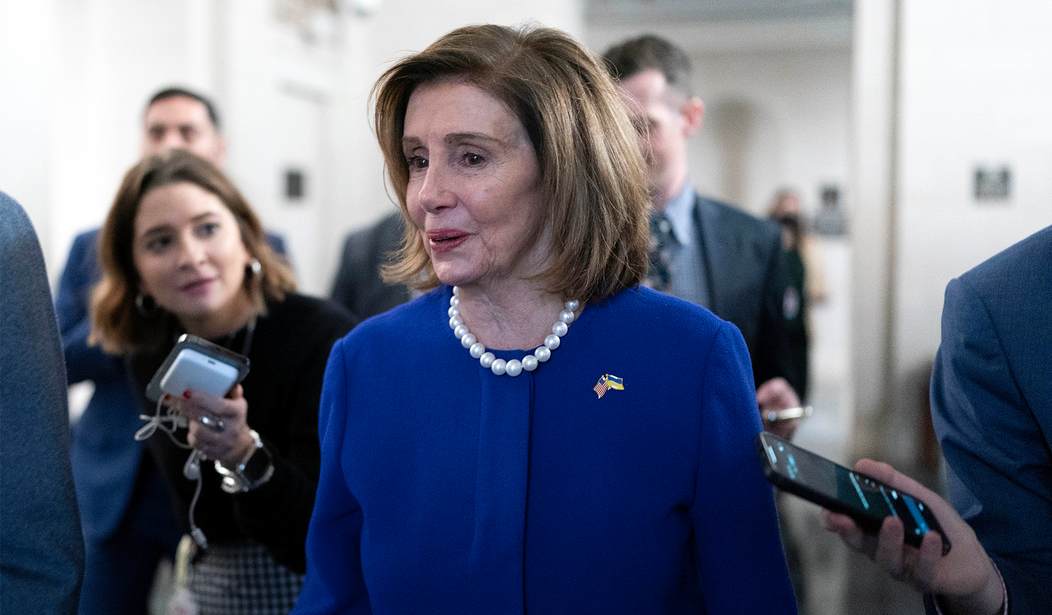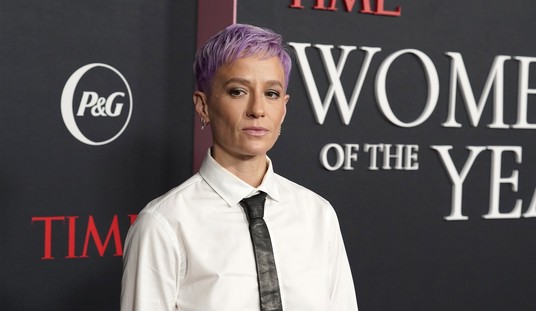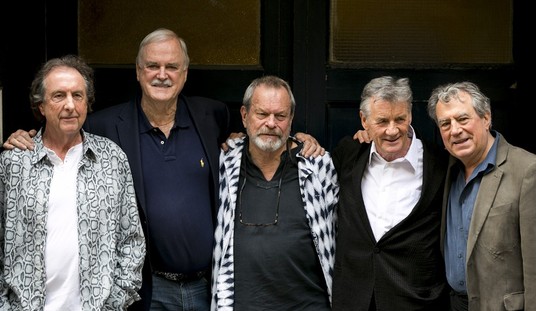Political realignments don’t happen overnight. Sometimes, they’re quiet, subtle shifts beneath the surface of public opinion, hardly noticeable until the consequences are undeniable. But occasionally, these small movements accelerate suddenly, crystallizing into dramatic results. In fact, one recent shift against the Democrats has stunned even seasoned political observers who didn’t see it coming.
In a striking development, new polling reveals that Republicans have caught up to Democrats on a metric traditionally considered a Democratic stronghold: which party “cares more about the needs of people like you.” CNN senior data reporter Harry Enten called the result “one of the most shocking pieces of poll data that I truly, truthfully have seen this year or maybe in any prior year.”
Speaking during a CNN segment, Enten walked through the significance of the finding.
“We got a tie—even after this tariff war had already started—split between Democrats and Republicans on how people feel, uh, which party cares more for needs of people like you,” Enten said. “Democrats always lead on this question.”
Enten pointed to historic polling to underscore how unusual this tie is: “Back in 2017, before the 2018 midterms, [Democrats had a] 13-point lead. 2005, a 23-point lead for Democrats. 1994, which was a big Republican year, a 19-point lead for Democrats. And now all of a sudden, a tie?”
He didn’t mince words about what this means for the Democratic Party’s image. “The Democrats, who are the party of the people—no more. We get a tie on this question, on a question that has traditionally overwhelmingly been a Democratic advantage,” Enten emphasized.
Asked where Republicans are making the biggest gains, Enten pointed directly to the working class.
“Among those with a college degree, it’s the same score,” he said, noting Democrats held an 18-point lead in 2017 and still do now. “But look among non-college voters. It was +7 for Democrats in 2017, and now Republicans had overwhelmingly gained—+9 points.”
Recommended: Democrats Cheering MS-13 Gang Member's Return Missed a Key Detail in SCOTUS Ruling
Enten stressed that this shift among non-college-educated voters “has been concentrated, at least within the last decade, among voters without a college degree, the working class.” He added, “The Democratic base is now those with a college degree. Among the working class—those without a college degree—Republicans have overwhelmingly gained on this all-important question.”
Turning to the bigger electoral picture, Enten offered a cautious outlook for Democrats hoping to retake control of Congress in 2026.
“In April of 2017, Democrats were already ahead by seven points [on the generic congressional ballot]. In November of 2024, it was a tie, and then, of course, Republicans won control,” he said. “Where are we now? It’s Democrats, but just by a point.”
His conclusion? “If Democrats think they automatically have a ticket back to control of the House, I’d say hold on a second. Republicans still have a real shot at this despite all of Trump’s theatrics over the last month with this tariff war.”
A shocker for me given the tariff war: The GOP seems to be in their best position ever for the party who cares more for the needs of people like yourself.
— (((Harry Enten))) (@ForecasterEnten) April 11, 2025
A tie on a metric that Dems have historically led by double digits.
The reason? Huge GOP gains among the working class. pic.twitter.com/BItuHBd2rM
The deeper takeaway here is that the Democratic Party’s embrace of radicalism is finally catching up with them. From pushing extreme gender ideology to letting crime run rampant in cities they govern to turning a blind eye to the border, Democrats have shown ordinary Americans exactly where their priorities lie—and it’s not with the working class. For years, they’ve relied on the narrative that they’re the party of the people, but that illusion is crumbling. Voters are waking up to the reality that the modern Democratic Party is more interested in appeasing fringe activists than solving real problems.










